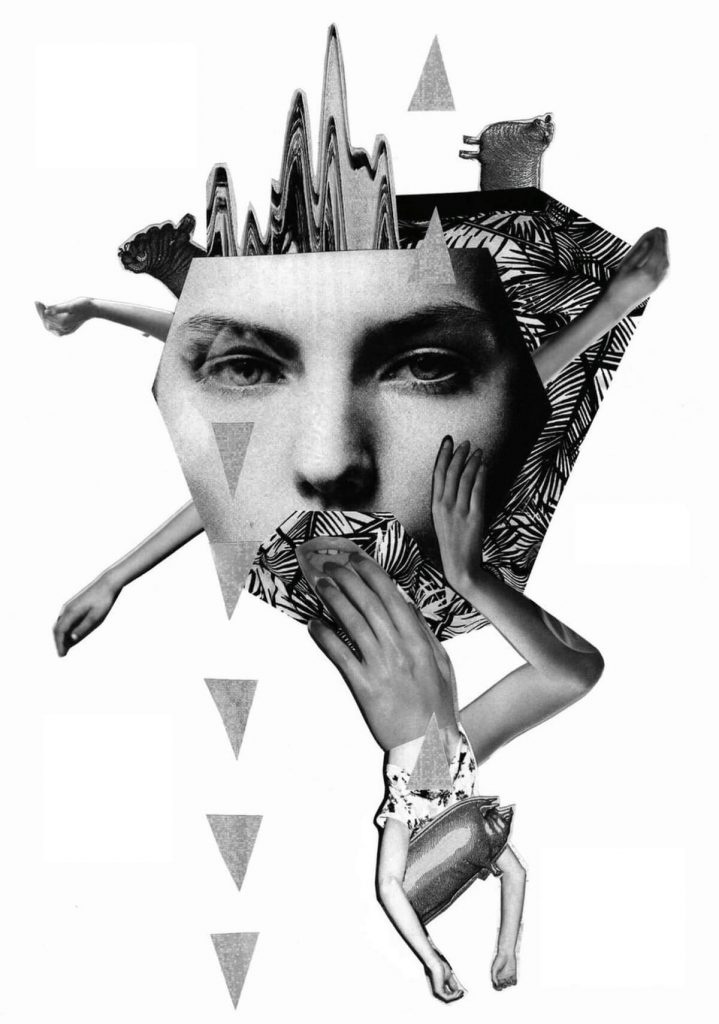Like in other Central European states, the migration crisis dominated the Czech media space since 2015. Unlike any time before, xenophobic and islamophobic attitudes have left the margins and literally dominated the Czech public space. Public figures as well as mainstream media outlets have created and spread a strongly negative image of Islam and Muslims, actively nurtured fear of migrants and prevented a rational debate about the various levels of the crisis. In analyzing the obvious spread of a general phenomenon of islamophobia, it is important to discern its three components: islamophobic attitudes, anti-Islamist ideology and the spread of negative stereotypes in the public sphere.
Islamophobic attitudes have been present in the Czech public sphere for more than a decade. Since 2015, three processes took place: hirtherto marginal attitudes became mainstream and they have even been sanctioned by the highest political figures; a deliberate campaigning spread a new, aggressive form of anti-Islamism during the migration crisis and stereotypes became political currency.
Three Aspects of Islamophobia
Islamophobia covers a wide spectrum of manifestations of prejudices, discrimination and hatred against Muslims. Like anti-Semitism, homophobia and anticiganism, islamophobia is a manifestation of a feeling of superiority over a specific group. It leads to the degradation of this entire group of people based on perceived religion, national or ethnic identity, associated with a certain idea of Islam. The British Runnymede Trust defined islamophobia as “an outlook or worldview involving an unfounded dread and dislike of Muslims, which results in practices of exclusion and discrimination”.
The very fear and a criticism of Islam are not islamophobic per se. Islamophobia arises when a negative attitude to Islam is motivated by hostility towards Islam and by the intention to conquer or “to fight against Islam”. In a historical perspective, islamophobia is a critical term depicting a deliberate misrepresentation of Islam within the colonial context. An early usage of the word is to be found in a book written by a French convert to Islam and an Algerian intellectual, both active in the sphere of experts within the context of colonial administration. Their notion of islamophobia equals a criticism of a long-standing conflictual relationship between Europe and the Muslim Near East, of its colonial supremacist ideology and more particularly of deliberate distortions of the image of Islam by Western academics and Christian missionaries.
The modern concept of islamophobia designs a negative and condescending perception of Islam not only by colonial state administrations but by the public at large. A criticism of the implication of colonialism into the discourse on Islam was inducted into academic circles by the critical studies of European colonialism and Orientalism in the 1970s by Edward Said. Concomitantly, a Persian version was used as a criticism of Western imperialism by Iranian Shia revolutionaries.
Download Full Article:
Zora Hesova_The Mainstreaming of Islamophobia in the Czech Republic__Review_4
Download Full Magazine:



